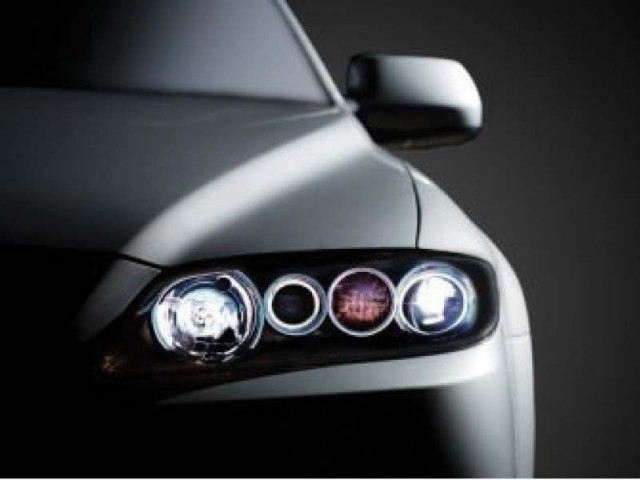IMC to launch Corolla Cross hybrid to revive market
Projected to consume 50% less fuel compared to its petrol, diesel counterparts

In a bold move to tackle Pakistan’s escalating fuel costs and contribute to environmental sustainability, Indus Motor Company (IMC), the renowned Toyota car assembler, is steadfast in its commitment to introduce the Corolla Cross hybrid car by late December or early January. This strategic launch aims to tap into a market grappling with high petrol prices and diminished car demand.
At a recent press briefing, IMC’s CEO, Ali Asghar Jamali, highlighted that the Corolla Cross’s is projected to consume 50% less fuel compared to its conventional petrol and diesel counterparts. The incorporation of hybrid technology is also expected to curb the import bill significantly, with an anticipated annual saving of approximately $37 million from 30,000 hybrid electric vehicle (HEV) units.
“This move towards HEVs is a sustainable solution to Pakistan’s economic challenges, addressing macroeconomic objectives, bolstering employment, increasing exports, and trimming imports,” Jamali emphasised.
Having already invested $100 million to introduce HEV vehicles in Pakistan, IMC is preparing to launch the country’s first locally assembled HEV SUV, the Corolla Cross. The vehicle’s anticipated arrival on roads by late 2023 or early 2024 is generating substantial interest.
Beyond the economic advantages, the HEV holds promise in reducing carbon emissions—a pressing concern in Pakistan where fossil fuels account for 62% of the energy mix, compared to 75% in India.
Jamali expressed, “Pakistan is acutely affected by climate change, necessitating comprehensive measures across all sectors.”
However, the overall car demand remains subdued due to the country’s economic challenges. Jamali projected industry-wide monthly sales of around 6,000 vehicles, with IMC contributing around 1,500 vehicles per month over the next 12 to 18 months. The combination of a weakened Pakistani rupee and increased car financing costs has led to higher vehicle prices, consequently dampening consumer demand.
“Should agricultural income show improvement around November, we could witness an uptick in demand,” Jamali optimistically noted.
IMC endured a staggering 58% decline in volumetric sales from January to June 2023, a trend largely attributed to these economic hurdles.
Moreover, the surging import of used cars is posing a substantial threat to the local auto industry. In the fiscal year 2022-23 alone, more than 6,000 used cars were imported, with over 1,800 units arriving in May and June. This influx has heightened concerns within the industry, calling for policy interventions.
Jamali urged the government to curtail the import of used cars, emphasising the need to support the local auto industry. He argued that allowing such imports contradicts efforts to promote domestic car manufacturing and localisation. He cautioned that this issue could reverse the progress made in localising parts and thwart future localisation plans.
Despite supply-side uncertainties, IMC remains committed to its employees, refraining from layoffs—a testament to their dedication to the country and its workforce.
Jamali shed light on the challenges arising from import Letters of Credit (LCs), affecting the industry’s production capabilities and ultimately dampening sales. He stressed that a well-structured import policy is crucial for the growth of the local auto sector.
Published in The Express Tribune, August 31st, 2023.
Like Business on Facebook, follow @TribuneBiz on Twitter to stay informed and join in the conversation.



















COMMENTS
Comments are moderated and generally will be posted if they are on-topic and not abusive.
For more information, please see our Comments FAQ